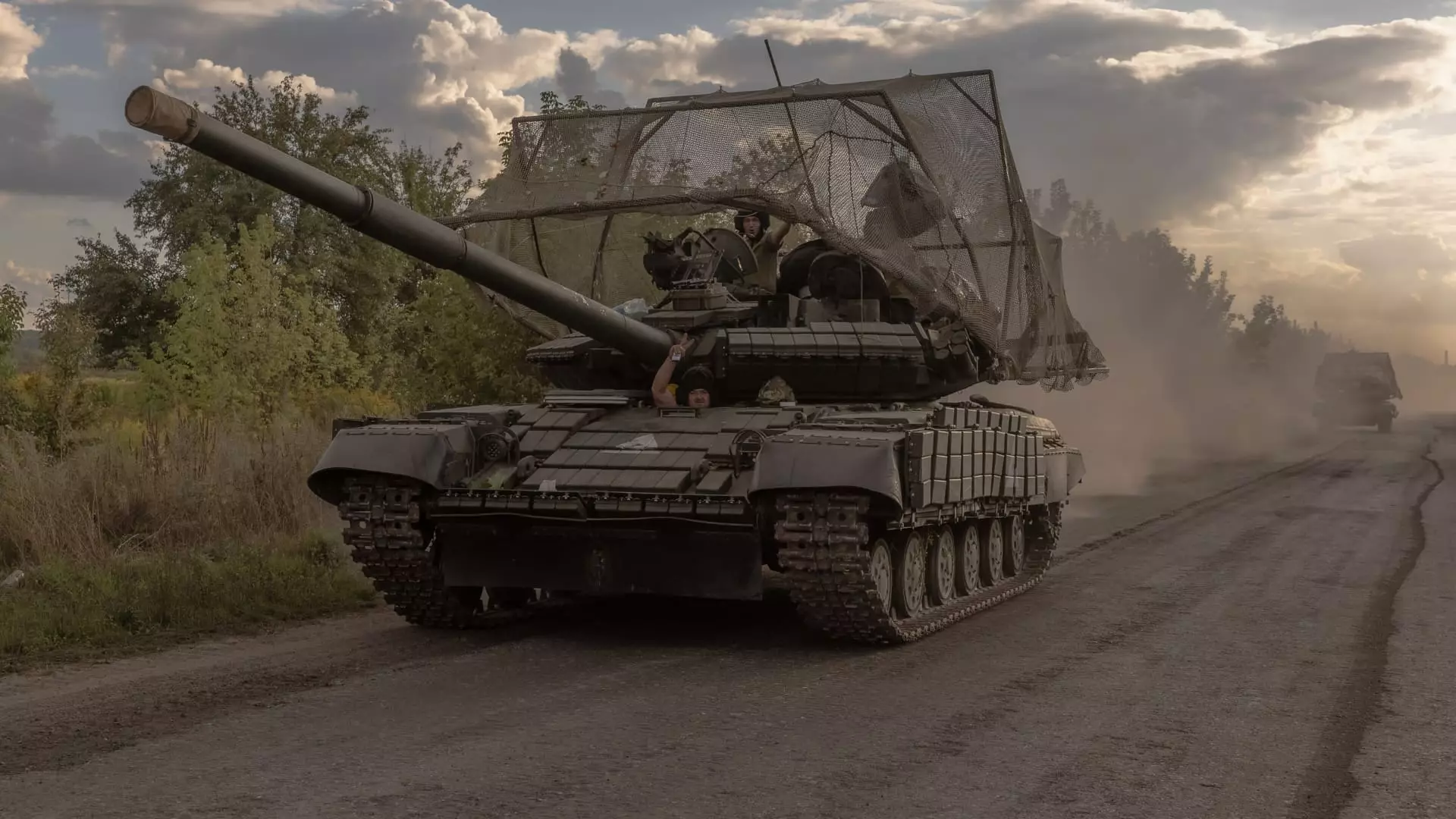The urgency surrounding Europe’s defense posture has never been more pronounced. As the European Union convenes its leaders in Brussels to deliberate on boosting defense financing, the geopolitical landscape alters critically under the relentless pressure of the Russian threat. The bifurcation between the United States and Europe over Ukraine’s support is more than a mere skirmish; it’s emblematic of a broader existential crisis within transatlantic alliances. And at the center of this deliberation lies the question of whether Europe will finally ditch its complacency and step into a proactive defense strategy.
Tensions frayed further when U.S. Vice President JD Vance openly critiqued European nations for dragging their feet on crucial defense issues. This episode of discord is no isolated affair; it follows a week riddled with controversy, particularly an unsettling encounter between President Zelenskyy and U.S. officials. These snapshots reveal an alarming trend: Europe increasingly grapples with maintaining sovereignty in its security affairs, all while appeasing a U.S. administration that oscillates between commitment and skepticism towards its traditional allies.
The fragile state of NATO partnerships reveals a dependency that could quickly devolve into vulnerability. As Europeans learn under the dire guidance of historical precedents, reliance on the U.S. could morph into an unreliable sanctuary. If Europe fails to fortify its defenses, the continent risks being left defenseless in a world where aggression doesn’t abide by the rules—a grim reminder of the specters of World War III.
One could argue that complacency has been Europe’s Achilles’ heel. An EU official hinted at forthcoming financial measures to enhance defense capabilities, yet the nebulous nature of those proposals raises an eyebrow. More critical than the intent is the execution. Announcing “concrete deliverables” sounds encouraging, yet history teaches us to approach with caution. Europe has often prided itself on rhetoric over action.
The European Commission has already signaled an update to fiscal rules, aiming to give nations the leeway to spend on defense without the hindrance of restricting debt targets. While this step appears promising, it also serves as a reminder of previous failures to follow through on similar measures. The calls for an urgent response underscore a recognition that the time for half-hearted approaches has long passed.
According to a report by the Bruegel think tank, addressing current defense shortfalls might require European nations to ramp up troop numbers and spend an eye-watering 250 billion euros annually to effectively deter Russian aggression. Contradicting this need for growth, however, are conversations around whether to agree on common borrowing for defense initiatives. The skepticism from primarily fiscally conservative nations emphasizes a reluctance to embrace collective responsibility for security funding.
The need for additional fiscal resources cannot be overemphasized. Goldman Sachs pointed out that to meet the proposed increase in spending, Europe would need to secure an additional 0.6% of GDP each year to hit a revised target of 2.5%. Yet, austerity measures that focus only on cutting spending will likely lead to a frail defense posture, further exposing Europe to potential aggression.
While the matter of funding is paramount, it’s equally crucial to consider how those funds are used. With the European Investment Bank limited to dual-use projects, there’s a glaring gap in financing strict military projects. Eurocentric innovation must not be eclipsed by bureaucracy. The EU stands at an intersection between potential and stagnation. If it can pivot to channel resources effectively, it may spark a renaissance in European defense strategies.
The question remains whether the fresh influx of funds—if allocated properly—will lead to a well-rounded defense landscape. Modern conflicts demand agility and innovation instead of an adherence to outdated methods and practices. A collective reevaluation of defense frameworks could usher in an era of unprecedented strength for the continent.
The heart of the issue resides within the duality of sentiment among EU nations. While there’s an emerging consensus on the need for increased defense spending, the determination to collaborate in solidarity often falters at the national level. European leaders can no longer afford a “go-it-alone” mentality, particularly as they gather in Brussels to discuss unity in the face of adversity.
The upcoming meeting marks not merely another bureaucratic gathering but a potential inflection point in European history. If leaders step beyond the brink of tokenism into tangible, supportive actions, they could help reshape the narrative of European defense—and possibly write a new chapter in history that speaks of a continent that secured its own safety, rather than remaining solely a geopolitical pawn in a larger chess game.


Leave a Reply